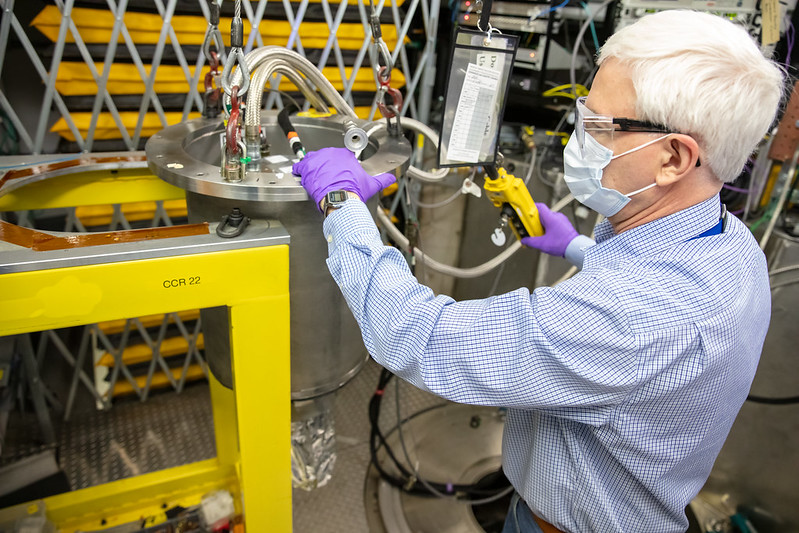 Expanding work requirements across government-funded benefit programs is crucial to reduce needless or fraudulent enrollments and help those on welfare programs begin the path to self-sufficiency and long-term independence. The policy goals behind these programs must emphasize that aid is given to those who need it the most, and able-bodied adults should be required to look for (or get) a job as a condition for receiving benefits.
Expanding work requirements across government-funded benefit programs is crucial to reduce needless or fraudulent enrollments and help those on welfare programs begin the path to self-sufficiency and long-term independence. The policy goals behind these programs must emphasize that aid is given to those who need it the most, and able-bodied adults should be required to look for (or get) a job as a condition for receiving benefits. To move out of poverty and on the path to independence, welfare recipients must be engaged in constructive work-related activities. Sadly, substantial portions of today’s work-capable benefit recipients sit idle on the welfare rolls, creating a vicious cycle of dependency, which undermines prospects for future self-sufficiency and long-term financial success.
Voters across the spectrum overwhelmingly agree that adults should work, train, or volunteer for at least 20 hours per week as a condition of eligibility for means-tested benefits like food stamps or Medicaid, and two-thirds of Americans believe that people should have to work as a condition for eligibility.
In the welfare reform of the 1990s, work requirements were implemented across government programs with great success. Studies have shown that the work requirements implemented in the 1990s increased employment and decreased welfare dependence. A March 2023 paper by the Congressional Budget Office concludes that work requirements are effective at offsetting work disincentives and suggests they continue to be a relevant and impactful policy tool. The paper also concluded that the work requirement increases an individual’s earnings but reduces the amount of cash assistance they receive, primarily by removing nonworking families from the program.
Today, only about 3 million of the roughly 48.5 million able-bodied adults who received Medicaid, TANF, food stamps, public housing, or childcare benefits are subject to any work requirement whatsoever.
As non-disabled working-age adults have become increasingly reliant on welfare, this has led to stalled employment growth, partially because of the disincentives that welfare programs impose on increasing the recipient’s income (for example, you often make more money you get kicked off the program). In 2018, Housing and Urban Development Secretary Ben Carson proposed reforming HUD rent rules to address this perverse disincentive, which penalizes tenants by increasing their rent whenever their income increases. This creates a “benefits cliff” for which increasing income will jeopardize government benefits and effectively deters people from working harder and eventually achieving self-sufficiency.
Not only has this perverse incentive been harmful to an individual’s economic success, but it has also impacted family formation as the combined income for a married couple could also lower the amount of benefits they would receive as individuals.
As a society, we should promote meaningful work as an avenue to better life outcomes. These programs aim to help people when they need it most and get them back on their feet quickly. Work requirements will encourage welfare recipients to develop the skills and tools they need to succeed in civil society and become productive members of the American economy. Furthermore, when individuals are employed, they develop relationships with others, which can lead to additional opportunities down the road—which are benefits far greater than could be realized by staying at home.
Work is the best path to self-sufficiency, but vast research shows it also leads to happier and healthier lives. Expanding and tightening work requirements is a crucial policy to reduce poverty, strengthen families, and end long-term dependence on the social safety net.
